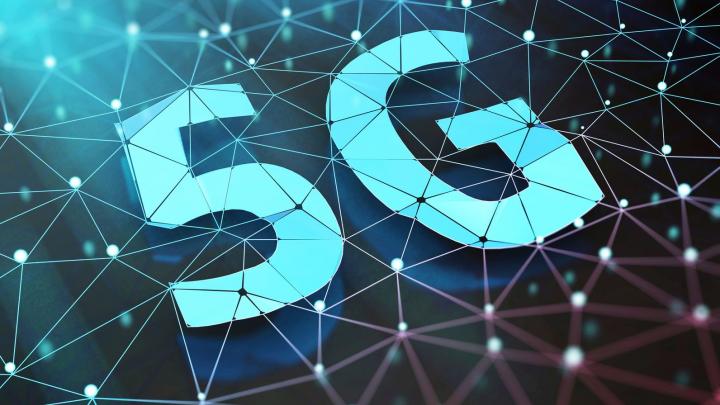5G May Disrupt Weather Forecasts
It appears that in some cases 5G networks may interfere with weather radars. At least that is what the US meteorological service is saying, and it warns that this could have serious consequences.

Meteorological experts claim that the development of 5G technology in the 24 GHz band could have a negative impact on the quality of weather forecasts. Representatives of the National Oceanic and Atmospheric Administration (NOAA) warn that interference produced by 5G transmitters may cause a deterioration in the quality of forecasts by up to 30%.
Far-reaching consequences
In March, the Federal Communication Commission in the USA launched tenders for operators on 5G resources in the 24 GHz band, which will allow for the creation of a very fast telecommunications network. This is where the problem arises, though. As David Parkinson from CBS News explains, meteorological radars measuring the amount of vapor in the atmosphere operate in the 23.8 GHz band.
"The concern is that if you miss one of the water vapor signals at seven days out, you might not see that a hurricane is intensifying. You might not see that there are certain things going on in the atmosphere that are going to steer a storm in one particular direction," Parkinson explains.
In the worst case scenario, the accuracy of forecasting could turn out to be at the level it was in the 1980s, which means that many years of progress in this area will be lost.
"We like to say that the 10-day [forecast] now is as accurate as the 7-day used to be, which is as accurate as the 5-day used to be in the 90s, which is as accurate as the 3-day used to be in the 80s," Parkinson said.
- Some players are worried that games like Cyberpunk 2077 could get banned in US under the Interstate Obscenity Definition Act (IODA) bill
- Texas aims to ban anyone under 18 from social media. Starting in 2026, Apple and Google apps will require age verification
- Elon Musk’s DOGE team put Starlink in the White House - and it’s got people worried
0
Latest News
- 12 million players are celebrating, but not everyone will get a gift. ARC Raiders devs give away pickaxes and bans
- Cyberpunk 2077 creator explains why male V suddenly disappeared from ads
- Court sides with GTA 6 devs. Former Rockstar Games employees suffer a painful blow in their fight for money
- 2 Xbox Game Pass games. Star Wars: Outlaws comes with a newly released zombie apocalypse simulator
- „Bloodborne is a special game for me.” Dark Souls father's honest declaration is painful and hopeless, but true

